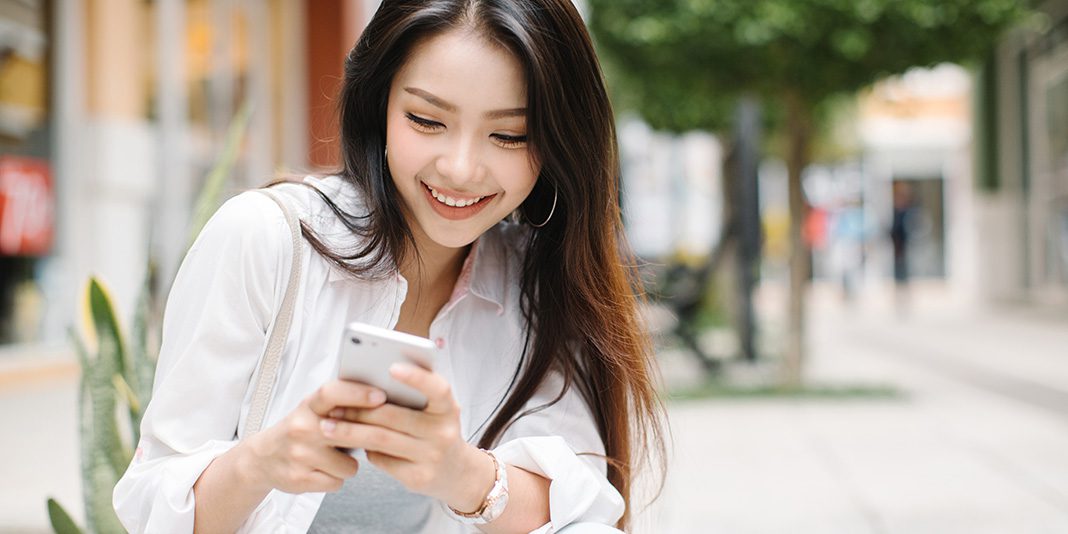We love social media. And some of us love to hate social media. But whether you happen to be a fan or not, the fact that social media has power over us is undeniable. We continuously check apps like Instagram without even thinking about it. And when scrolling through photos of celebrities, friends, and even strangers, we have grown accustomed to seeing flawless skin, pearly white teeth, blurred stretch marks, cellulite, and other beautiful details that make women who they are. So much so that sometimes you may not even be able to recognize whose photo you’re looking at.
For years, this was the issue with magazine ads, TV commercials, and other promotional media. But before FaceTune, filters, and user-friendly editing software made perfecting our photos more than possible, but easy, we could at least trust ourselves. Not to say that social media is evil or not worth the many good aspects it offers, but the pressure and unrealistic beauty expectations can negatively affect one’s self-esteem and body image.
Yes, blurring out a massive zit or scar seems harmless and can make you feel a bit better about posting a photo. And no one is saying that you should stop that. But seeing a lack of imperfections on social media (which we check on average of 30+ times a day) can make you think you should look that way offline too.
Now some may argue that makeup is also misleading. But there is a drastic difference between experimenting with beauty products and completely altering how we view beauty today. Makeup allows women to appreciate beauty as art. It is individual and personal. But when we constantly see a false representation of authentic natural beauty, we no longer appreciate reality.
Just as it has been said for decades when looking at magazines and now social media, be aware that what you are seeing isn’t attainable. This is a fantasy and an unrealistic expectation of what women “should” look like. As much as staying conscious of this fact can help, it doesn’t prevent what we see regularly. From edited photos to negative comments and even magazine headlines pointing out women’s imperfections as weaknesses, it can be challenging to compartmentalize what is real and fake.
So, although following the Kardashians on social media can be entertaining, be sure to follow some people who keep it real. This way, as you’re scrolling through your feed, at least every few double taps will remind you that there are women who are confident in their natural, unedited beauty. This can help inspire you to feel more comfortable in your skin without skin smoothing filters and altered waistlines. Some examples of the all-star ladies who share their beauty truths are Yara Shahidi, Kaitlyn Bristowe, Iskra, and Mindy Kaling, to name a few.
These women share their beauty, all the while powering through critics’ comments and society’s ideals. They make looking in the mirror feel normal, rather than like a letdown compared to a profile picture. Being exposed to real women on this mission can help you work past any personal body image struggles you may have to appreciate your beauty.
The beauty industry’s purpose is to make women feel more beautiful, not to make women feel like they need to be perfect. We can all learn something from taking a step back from social media and a step toward appreciating real-life beauty across all cultures.




































